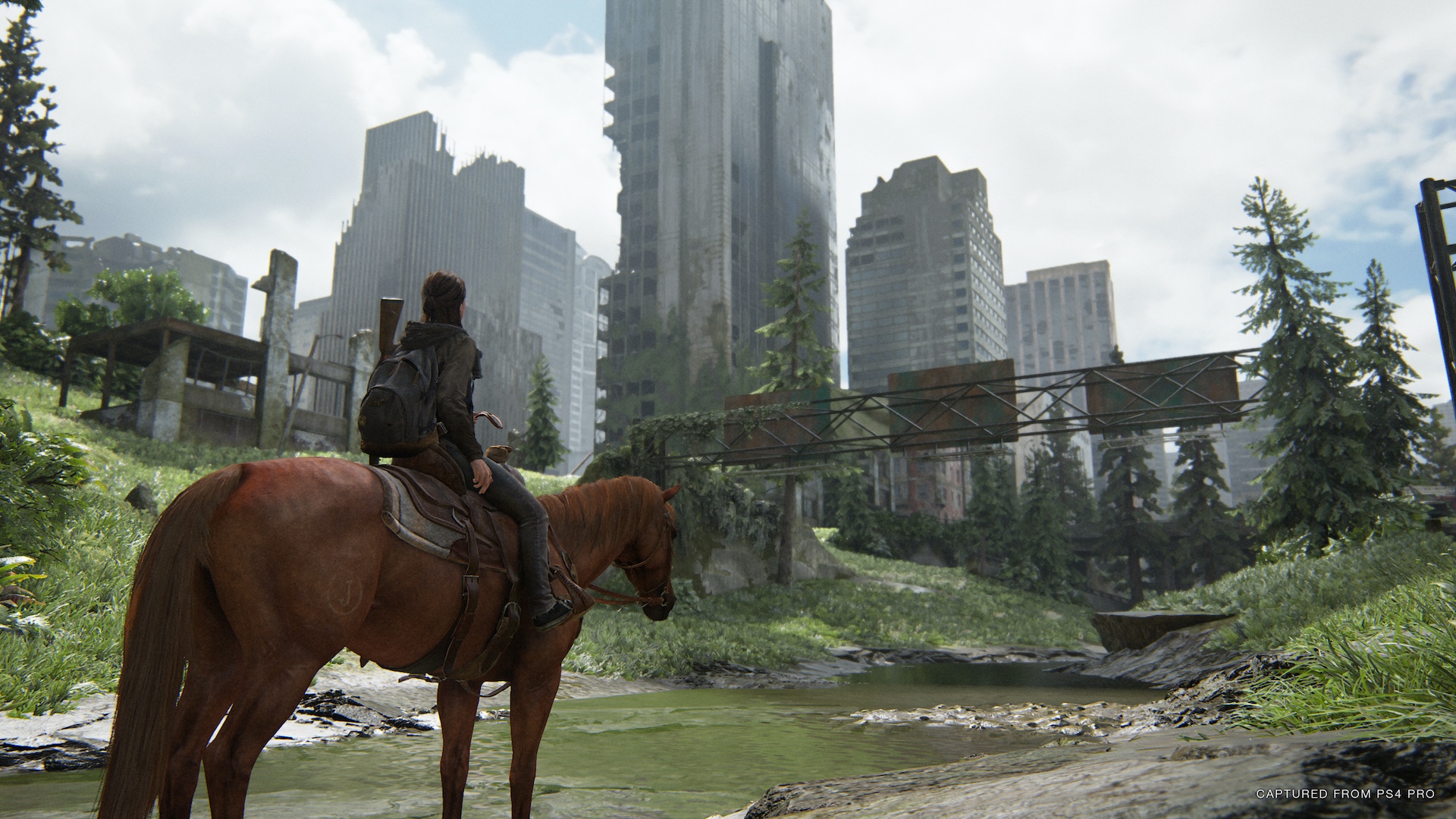tassletine
Member
Sure, I understand. I only limited it to "AAA" narrative mainstream games because that is the context of this conversation... we are talking about AAA narrative games in here. There are lots of things TLoU2 does very well which other, much freer/more interesting/more experimental games, even narrative games, do not do well, obviously. Because that's not even something those devs are aiming for, necessarily.
I'm only trying to say that we can have a problem with any particular game we want, anything we can think of... but I feel we have to at least take it on on it's own terms.
Generally I agree with all of that. But my larger point remains, if I went into a Dear Esther thread or a What Remains of Edith Finch thread or a Firewatch thread or whatever -- pick anything even vaguely in this category -- and suggested there was something lacking because, I don't know, there wasn't a lot of depth specifically in terms of the gameplay itself offering the player options or choice in terms of how they navigated the game/story... I mean, of course there isn't. Because those games aren't trying to do that at all, right? That's not their thing. I haven't played everything you mention, but in general the ideas/experiences they are communicating are not reliant upon deep, multi-layered gameplay mechanics involving player choice; the depth of those experiences is found elsewhere, in other aspects of the game.
That deep gameplay which not only offers but I'd argue encourages player choice, that's what I meant by when referencing agency. And that is very much a part of TLoU2.
The answer is gameplay, I think, which is the principle element that defines TLoU2 in terms of how it functions, as well as a huge part of the way that the game explores the ideas being communicated to the user/audience.
On it’s own Terms , it’s a good but not great game. It’s gameplay whilst stellar, is limited and isn’t enough to sustain the length of the gameplay when played through quickly. In small chunks it may work however.Sure, I understand. I only limited it to "AAA" narrative mainstream games because that is the context of this conversation... we are talking about AAA narrative games in here. There are lots of things TLoU2 does very well which other, much freer/more interesting/more experimental games, even narrative games, do not do well, obviously. Because that's not even something those devs are aiming for, necessarily.
I'm only trying to say that we can have a problem with any particular game we want, anything we can think of... but I feel we have to at least take it on on it's own terms.
Generally I agree with all of that. But my larger point remains, if I went into a Dear Esther thread or a What Remains of Edith Finch thread or a Firewatch thread or whatever -- pick anything even vaguely in this category -- and suggested there was something lacking because, I don't know, there wasn't a lot of depth specifically in terms of the gameplay itself offering the player options or choice in terms of how they navigated the game/story... I mean, of course there isn't. Because those games aren't trying to do that at all, right? That's not their thing. I haven't played everything you mention, but in general the ideas/experiences they are communicating are not reliant upon deep, multi-layered gameplay mechanics involving player choice; the depth of those experiences is found elsewhere, in other aspects of the game.
That deep gameplay which not only offers but I'd argue encourages player choice, that's what I meant by when referencing agency. And that is very much a part of TLoU2.
The answer is gameplay, I think, which is the principle element that defines TLoU2 in terms of how it functions, as well as a huge part of the way that the game explores the ideas being communicated to the user/audience.
The major misstep is the story which absolutely cannot be compared to the TV miniseries it so desperately wants to be compared to — As a game story it‘s fine, (as most game stories are terrible) but it thinks it’s being profound and doesn’t seem to realise that the core mechanic of switching sides has been done before (Avatar the game for example). As a revenge story it has literally nothing to say, so it treads water for most of the game trying to make up for that lack of insight. Hammering home it’s point in more and more theatrical ways just to get you to notice.


